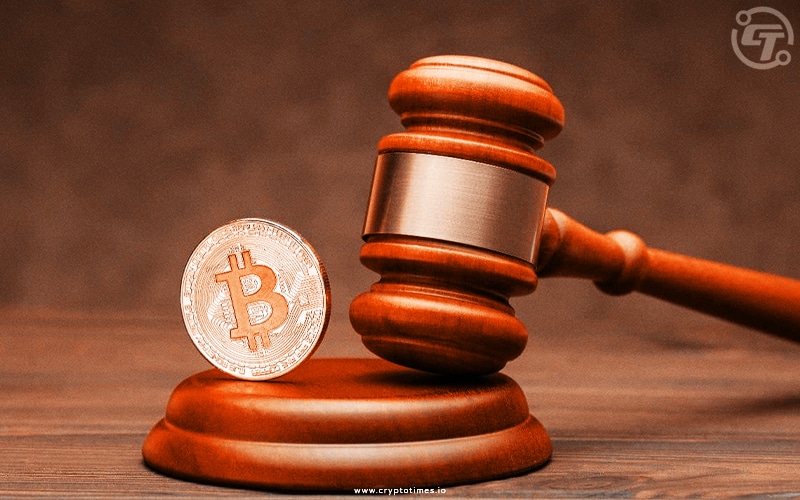The FTX collapse rocked the whole crypto sector, but everyone in the community can agree on one thing: it’s time to put in place stringent crypto regulatory frameworks to stop catastrophes like these from happening in the future.
Before FTX filed for bankruptcy, US Senator Cynthia Lummis highlighted the need for clearer crypto regulations noting the events that have transpired between Binance and FTX are the clearest example yet of why we need clear crypto rules on the road of digital asset exchanges in the US.
Yesterday, while speaking at the FT’s Crypto and Digital Assets Summit, Lummis claimed the bipartisan law she proposed this year would have prevented the FTX collapse because authorities would be able to determine if an exchange dropped below the threshold immediately.
While many industry insiders are unconcerned about the sector’s long-term viability and believe that legal frameworks in 2023 may reestablish trust in the market.
Yesha Yadav, Professor of law at Vanderbilt University, stated, “The level of disillusionment and disappointment and sense of feeling deceived by FTX is so deep because it was seen as one of the most compliance-friendly institutions in the crypto economy and one that would be leading the regulatory efforts.”
Following the failure of cryptocurrency exchange FTX, major changes in the sector are expected, according to global investment bank JPMorgan.
The international investment bank expects several new regulatory efforts, including those emphasizing custody, customer asset protection, and transparency.
The Markets in Crypto Assets (MiCA) bill of the European Union, according to JPMorgan strategist Nikolaos Panigirtzoglou, is likely to be approved in its whole by the end of the year and to go into force at some time in 2024.
JPMorgan expects “New regulatory initiatives are likely to emerge focusing on custody and protection of customers’ digital assets as in the traditional financial system.”
According to the JPMorgan strategist, new regulatory measures focused on transparency are likely to develop, demanding regular reporting and auditing of reserves, assets, and liabilities across large crypto firms.
The U.S. CFTC has urged crypto industry whistleblowers to come forward in the aftermath of FTX Group’s collapse. CFTC’s Kristin Johnson stated that crypto industry whistleblowers would be given anonymity if they came forward about FTX and that such tips play an important role in enforcement, given the opaqueness of some exchanges.
Regulation can be a double-edged sword if not implemented carefully and can cause harm to the industry if the framework constructed bases it on traditional bank systems. Terra collapse ad already kept the security watchdogs on alert, but the FTX collapse shows that a proper legal framework is more than necessary.






